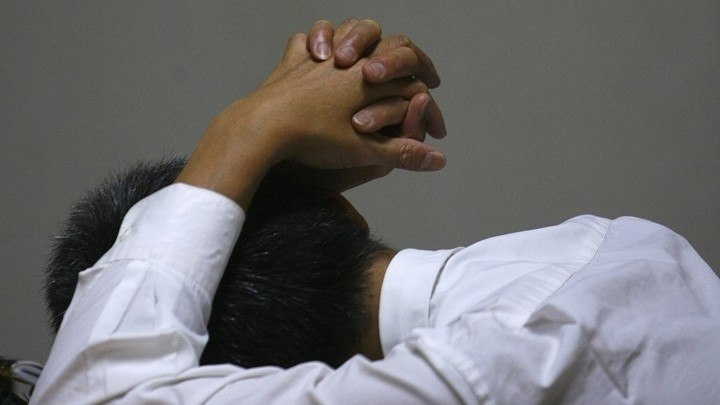Derek Thompson in The Atlantic:

In his 1930 essay “Economic Possibilities for Our Grandchildren,” the economist John Maynard Keynes predicted a 15-hour workweek in the 21st century, creating the equivalent of a five-day weekend. “For the first time since his creation man will be faced with his real, his permanent problem,” Keynes wrote, “how to occupy the leisure.”
This became a popular view. In a 1957 article in The New York Times, the writer Erik Barnouw predicted that, as work became easier, our identity would be defined by our hobbies, or our family life. “The increasingly automatic nature of many jobs, coupled with the shortening work week [leads] an increasing number of workers to look not to work but to leisure for satisfaction, meaning, expression,” he wrote.
These post-work predictions weren’t entirely wrong. By some counts, Americans work much less than they used to. The average work year has shrunk by more than 200 hours. But those figures don’t tell the whole story. Rich, college-educated people—especially men—work more than they did many decades ago. They are reared from their teenage years to make their passion their career and, if they don’t have a calling, told not to yield until they find one.
The economists of the early 20th century did not foresee that work might evolve from a means of material production to a means of identity production. They failed to anticipate that, for the poor and middle class, work would remain a necessity; but for the college-educated elite, it would morph into a kind of religion, promising identity, transcendence, and community. Call it workism.
More here.
